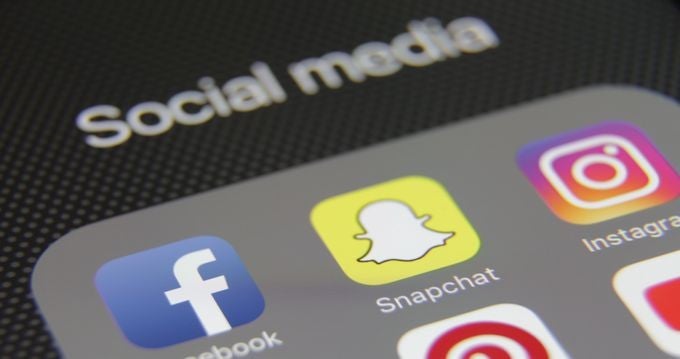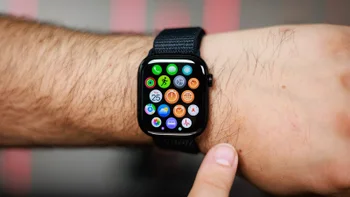Survey: social media use poses risks to young people's mental health, but can do good as well

For the survey, the researchers asked almost 1,500 young Britons aged 14 to 24 to share their thoughts about five of the most popular platforms: Facebook, Instagram, Snapchat, Twitter, and YouTube. They ended up with mixed opinions highlighting both positives and negatives. In many cases social media are recognized by the respondents as cause of depression or feelings of anxiety. Sleep quality is also affected by staying late and waking up to check messages, but RSPH says one in five young people do it anyway. But at the same time, even “the bad” social media can bring positives and help with maintaining relationships, the report claims.
Many are the reasons why the use of a social network may be harmful to a young, developing mind, and among them is that the information they pass along isn't always an accurate representation of reality. And we're not talking only about the negative impact those immaculate, yet not rarely manipulated photos of celebrities and models may have on how the young feel about their body. If you think about it, with the media we share, we tend to shape our online profiles around the way we want others to perceive us - fun, active, attractive. Younger people who find their lives boring compared to those of people they follow on social media might experience negative emotions which may lead to depression over time.
This assumption is debatable, of course. But in any case, according to the Royal Society for Public Health more than 90% of the young at the age of 16-24 use the internet for social networking, so knowing more about the risks and the benefits related to social media might be a good idea, especially for parents.

Follow us on Google News










Things that are NOT allowed:
To help keep our community safe and free from spam, we apply temporary limits to newly created accounts: